
Greenhouse gas emissions back to pre-pandemic levels
Pandemic caused an unprecedented drop in the emission of greenhouse gases — but it didn't last long.
Watch CBS News

Pandemic caused an unprecedented drop in the emission of greenhouse gases — but it didn't last long.
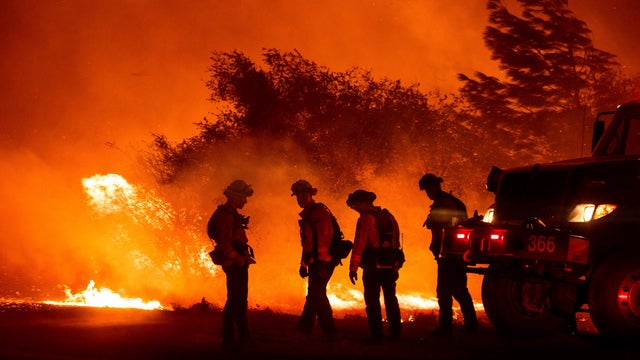
California has seen over 2,650 more fires compared to this time last year — and September and October usually are the worst months for fires.
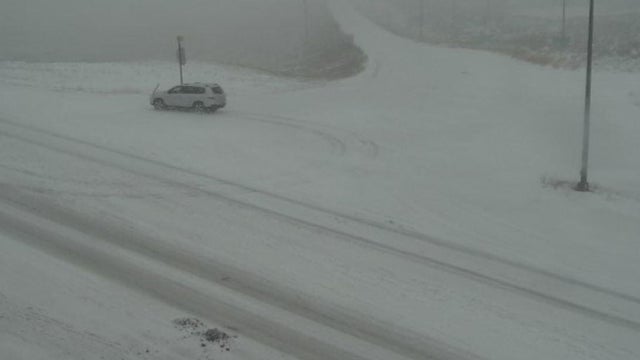
Winter showed up abruptly and unusually early in Colorado after a weekend of record-shattering high temperatures.

Woodland Hills hit a record temperature of 121 degrees on Sunday, according to the National Weather Service.
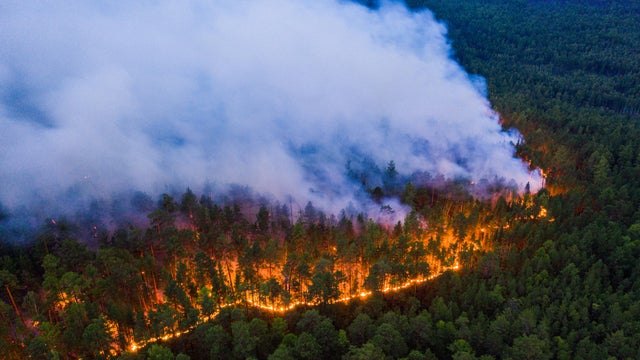
Scientists said the smoke plumes were so large, they covered the equivalent of more than one-third of Canada.

In some areas the heat will be even more intense than the historic heat wave just a couple of weeks ago.

Multiple extremes resemble the chaotic climate future scientists have been warning us about for decades — only it's happening right now.
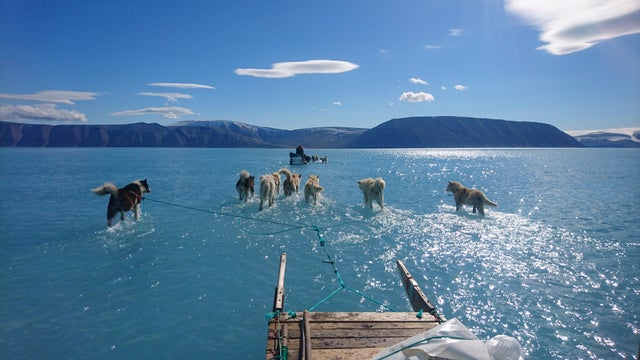
The ice loss in 2019 was more than twice the annual average since 2003 — shattering the previous record.
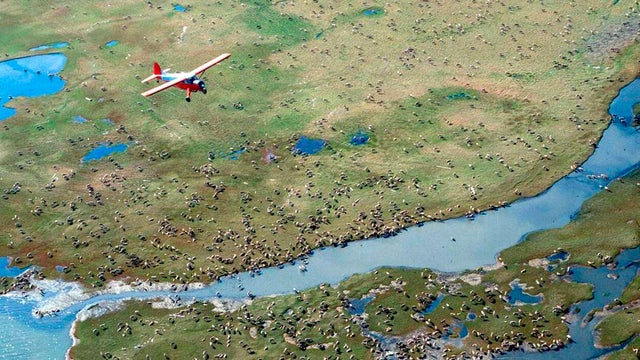
Alaska's Arctic National Wildlife Refuge is the home to polar bears, caribou and other wildlife.
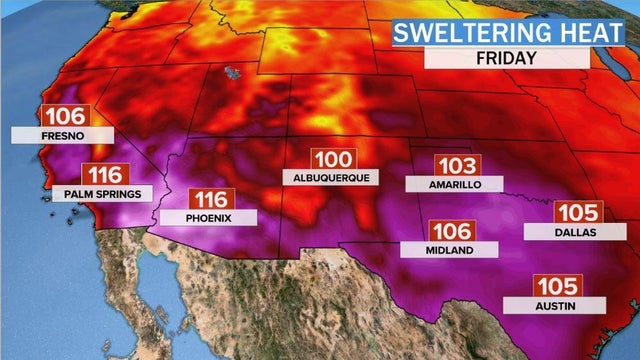
More than 50 million people will swelter in highs over 100 degrees through next week.
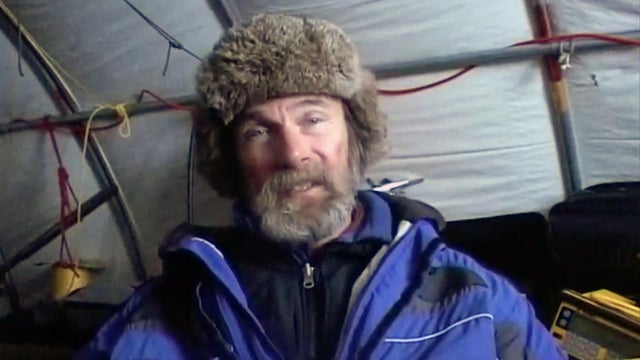
Konrad "Koni" Steffen apparently fell to his death in a crevasse on the ice sheet he dedicated his life to studying.
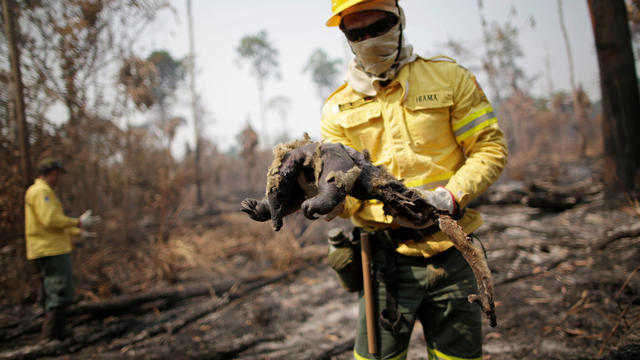
Fires in the Amazon rainforest are surging as Brazil's president claims they don't exist.
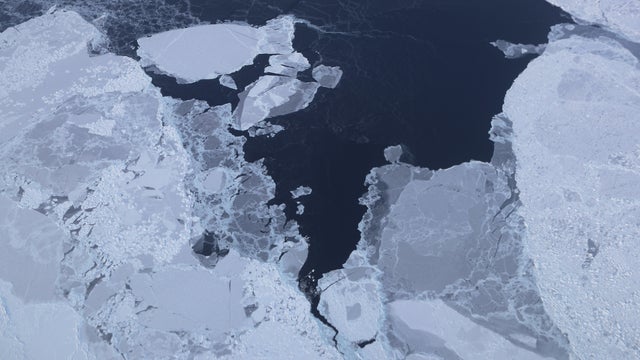
It's one of the most aggressive timelines and, if correct, is one of the more direct signs that humans are warming the Earth's climate at an even more dramatic pace than expected.
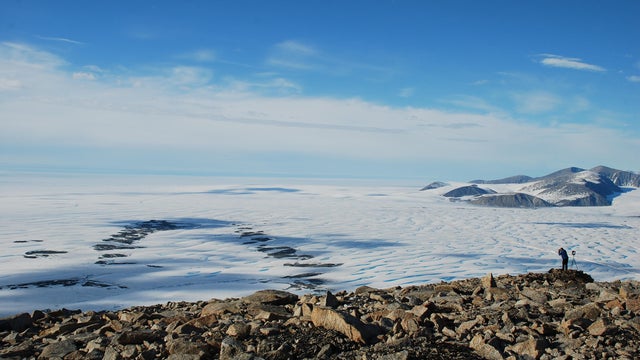
A 4,000-year-old chunk of ice larger than the size of Manhattan has collapsed into the Arctic Ocean.
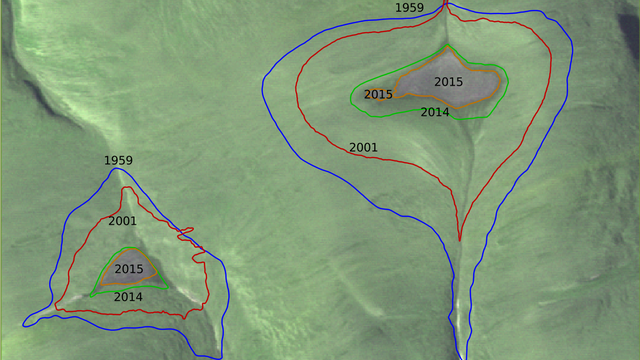
Scientists predicted that the ice caps wouldn't completely melt until 2022.
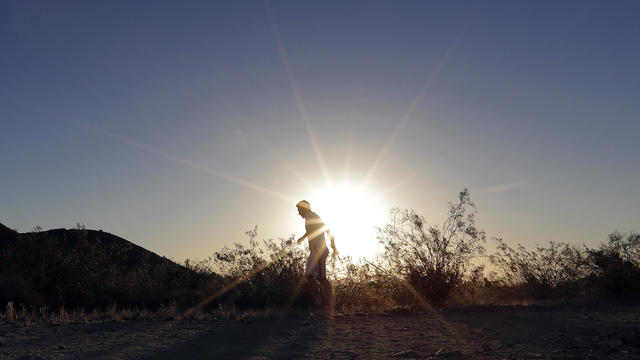
Although heat waves rarely get the attention that hurricanes do, they kill far more people per year in the U.S.
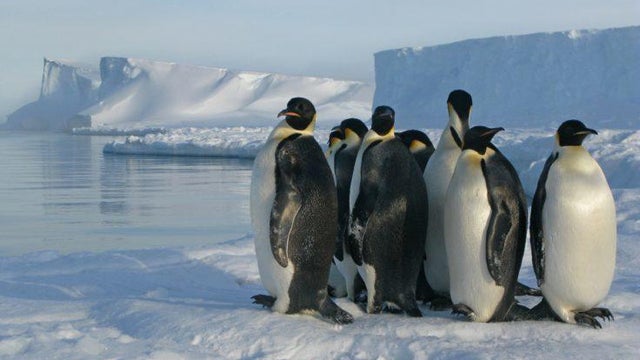
But it's not all good news — the newfound colonies are all but certain to be affected by climate change.

Nearly 300 million people around the world are likely to face repeat flooding, new study concludes.
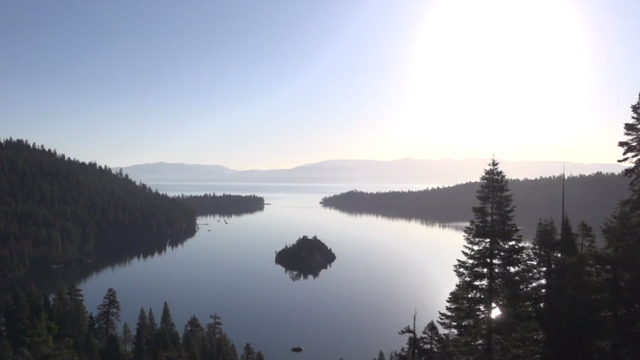
When it was measured last year, the clarity of the lake was about 80 feet — 20 years ago, it was 100 feet.
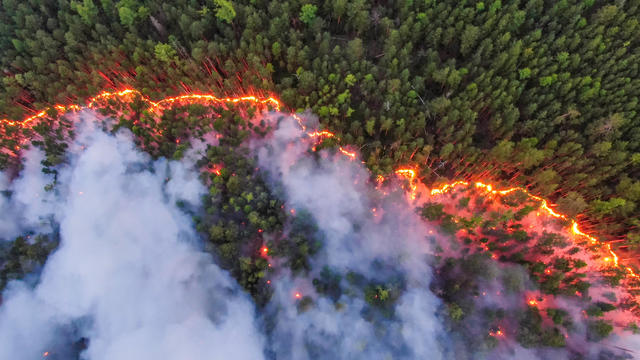
Nearly 50 million acres are estimated to have burned across Russia this year — and the fires do not seem to be slowing down.
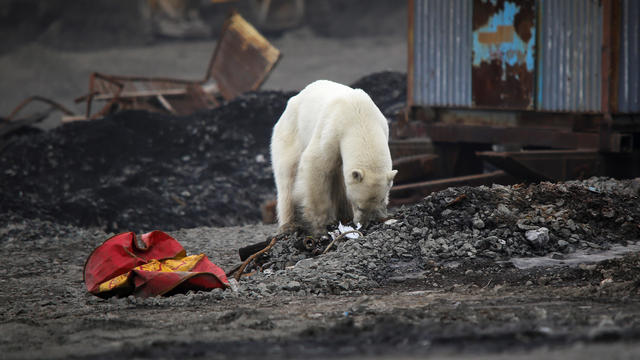
On current trends, the study concluded, polar bears in 12 of 13 subpopulations analyzed will have been decimated within 80 years.

Financial advisers worry a new rule will divert 401(k) funds from profitable environmental investments into fossil fuels.
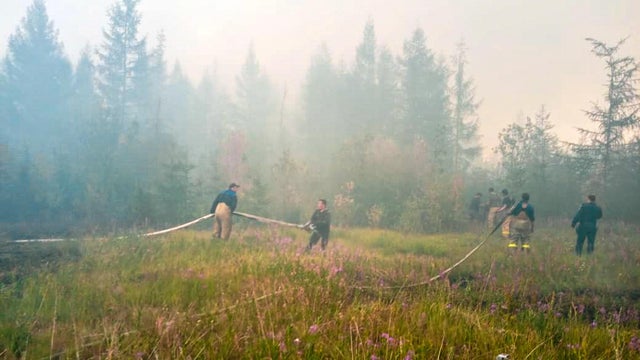
A town in Siberia recently hit a record 100.4 degrees Fahrenheit, and scientists say the role of climate change is "truly staggering."
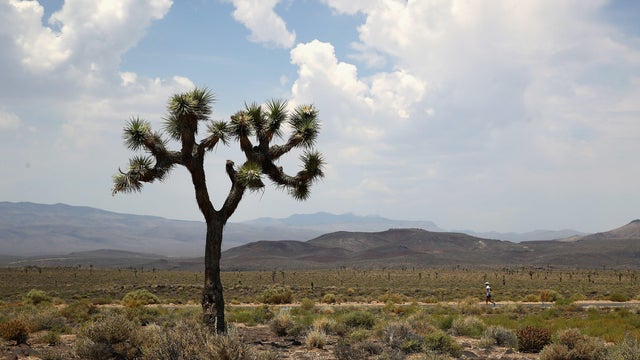
The brutal heat wave baking the Southwest and lower Plains states is going to move east and north to engulf much of the nation this week.

The bizarre pink snow can accelerate snow melt in the fragile mountain region.

Neil deGrasse Tyson explains why, despite believing life likely exists elsewhere, he's still waiting for real proof.

Astrophysicist Neil deGrasse Tyson joins "CBS Mornings" to discuss his updated book "Just Visiting This Planet," which tackles more than 200 questions about science and the universe — including why the sky is blue.

Leaf-peeping season has arrived in the Northeast and beyond, but weeks of drought have dulled this year's autumn colors and sent leaves fluttering to the ground earlier than usual.
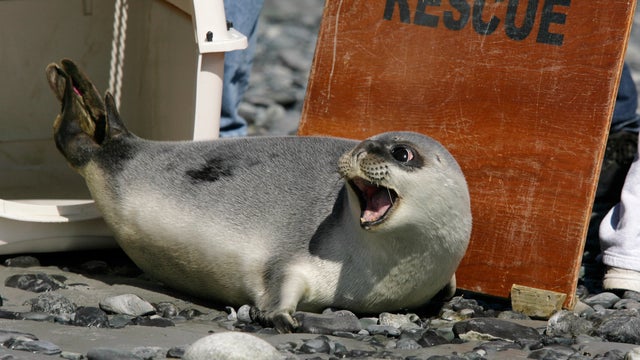
One bright spot is green sea turtles, which have recovered substantially, the IUCN said as it released its latest Red List of Threatened Species.

As Japan faces rising human-bear encounters, an animal trapped in a grocery store injured two men, while a separate reported mauling proved fatal.

The images taken by two Mars orbiters show a bright, fuzzy white dot of the comet, also known as 3I/ATLAS, appearing to move against a backdrop of distant stars.

One of 2025's three Nobel Prize in Physics winners says the trio's work is "one of the underlying reasons that cellphones work.''

Bill Nye the Science Guy on Monday protested against a federal budget proposal that would see NASA's funding reduced from $24 billion to $18.8 billion.

Nobel Prize committee chair says discoveries by the trio of researchers were "decisive for our understanding of how the immune system functions."
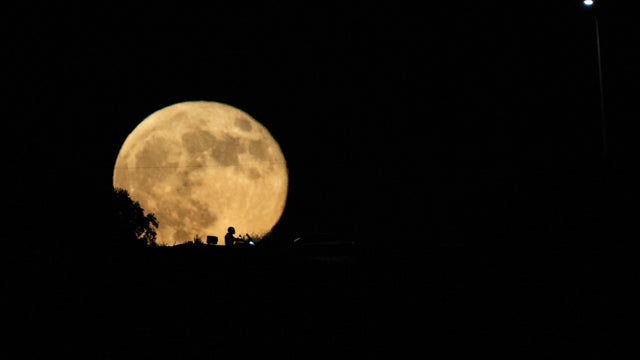
The first supermoon of 2025 will arrive soon. Here's what to know about the phenomenon.
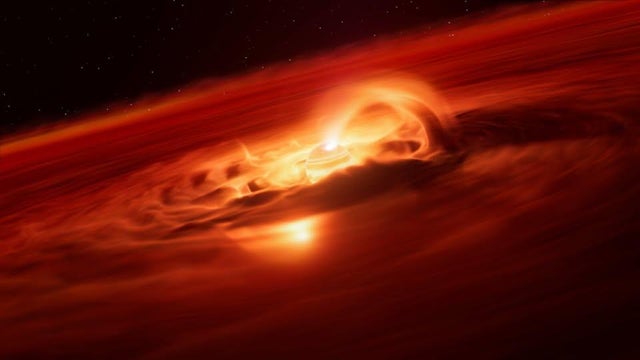
ESO's Very Large Telescope has observed a rogue planet and revealed that it is eating up gas and dust from its surroundings at a rate of 6 billion tons a second.
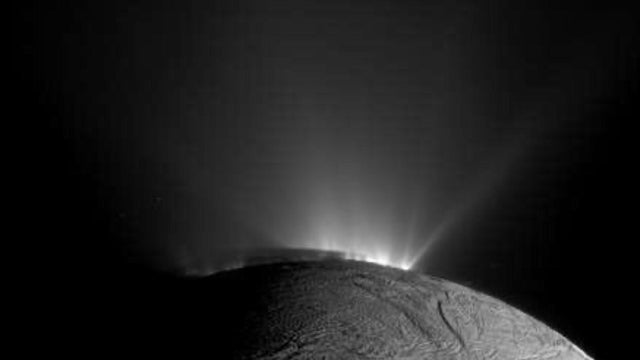
Enceladus has long been considered a prime candidate in the search for life beyond Earth because of its hidden ocean and plumes of water erupting from cracks near its south pole.
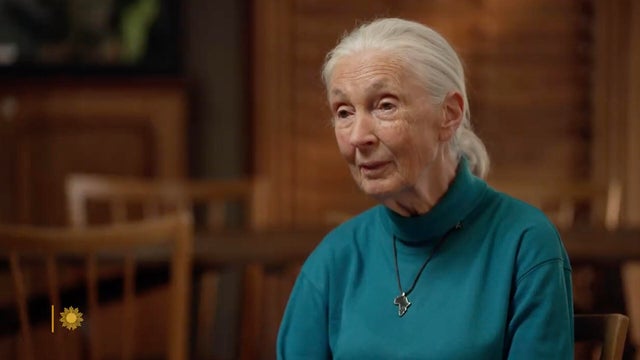
Famed naturalist Jane Goodall, who dedicated her life to studying chimpanzees and protecting the environment, died on Wednesday, Oct. 1, 2025 at age 91. In this Oct. 24, 2021 "Sunday Morning" profile, she talked with Seth Doane about her fascination with animals, her groundbreaking work with primates, and her advocacy for a more sustainable future.
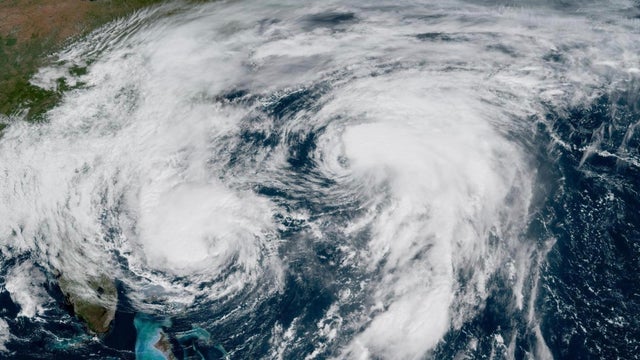
The outer bands of Humberto lashed Bermuda ahead of a more direct pass from the newer and stronger Hurricane Imelda.
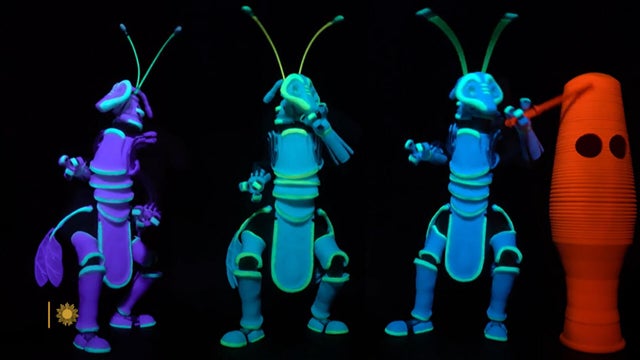
The chirping of crickets in your backyard can be a soothing seasonal sound, but did you know it's also an accurate way to tell the temperature – if you know the mathematical formula? Robert Krulwich and puppeteer Barnaby Dixon explain.